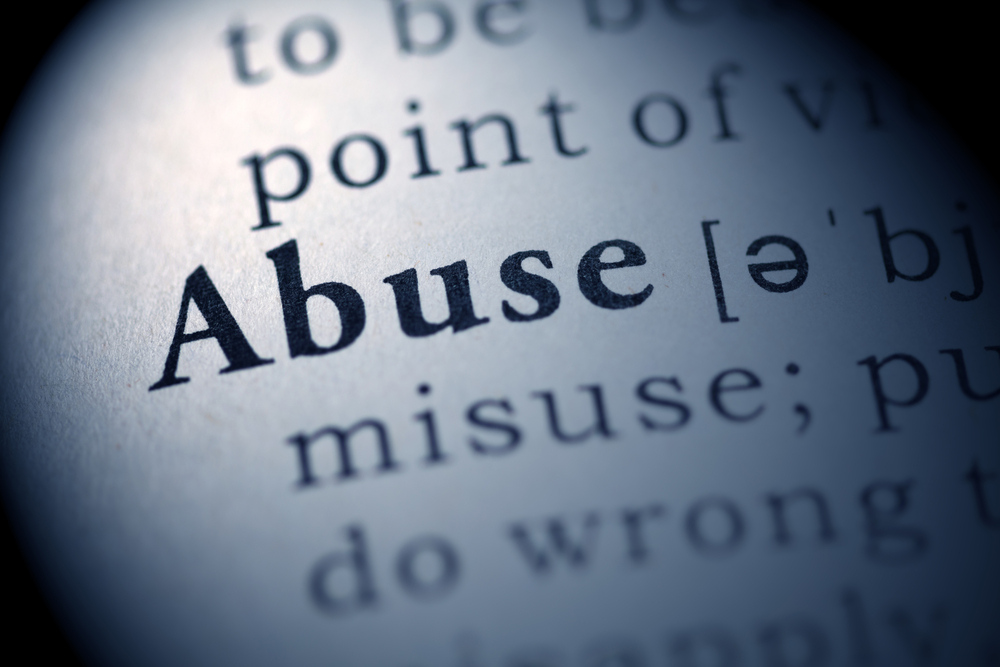
There’s NO EXCUSE for Denying Abuse!
By Laurie A. Couture
Millions of people, young and old, suffer physical, emotional, or sexual abuse without equal acknowledgement, validation, or even protection by local, state, and federally funded domestic violence programs and agencies. The primary groups who are under-served and excluded are boys of all ages, adolescents, men, elders, lesbian women, and gender minorities. Do these domestic violence (DV) programs simply need a little education in the needs of the communities they serve? A deeper look reveals that the philosophy that guides the mission and values of most state DV programs isn’t lacking in education, it is lacking in honesty, professional integrity, and empathy for the victims who do not fit their paradigm (Straus, 2010) https://connect.springerpub.com/content/sgrpa/1/3/332.abstract and (Hope et al., 2021) https://insight.cumbria.ac.uk/id/eprint/6038/. Their outmoded, 1960s-era paradigm is political rather than empirical, and it is irrelevant to today’s society.
Rather than being community needs-focused, the paradigm boils down to a single feminist tenant: Males are oppressors (and cannot be victims) and females are oppressed (and cannot be perpetrators). The overwhelming focus of DV organizations is on serving adult women (and sometimes their daughters) abused by males, treating as a trifling low priority any demographics that do not fit that narrow Male = Perpetrator/Female = Victim focus. At least since the 1970s, empirical research, in which both men and women and children were fairly represented, shows us time and again that domestic and dating violence—and even sexual assault—are human crimes passed along by generational trauma, not crimes of gender playing out an academic political theory. A brief look at the following demographics reveals:
- Men suffer similar rates of domestic and sexual violence by their female partners as the reverse
- Boys are the primary victims of physical abuse by their mothers, girlfriends, peers, and by school authorities
- U.S. Department of Health and Human Services (2020): https://www.acf.hhs.gov/sites/default/files/cb/cm2018.pdf#page=21
- Civil Rights Data Collection (2013-2014) https://ocrdata.ed.gov/estimations/2013-2014
- Straus (2007/2008) https://citeseerx.ist.psu.edu/viewdoc/download?doi=10.1.1.494.4717&rep=rep1&type=pdf
- Ybarra, M., Espelage, D. L., Langhinrichsen-Rohling, J., Korchmaros, J. D., Boyd, D., & Basile, K. (2013, July 31)
- Mulford and Giordano (2008) http://longmontdomesticviolence.org/images/Printed%20Materials/NIJJournal_TeenDatingViolence_Oct08.pdf
- Wang, K., Chen, Y., Zhang, J., & Oudekerk, B. A. (2020). Indicators of School Crime and Safety: 2019. NCES 2020-063/NCJ 254485. National Center for Education Statistics
- Adolescents suffer abuse at home, in school, and in youth residential and detention facilities, yet are under-served by state agencies
- Thoma, R. (2005, December 1). A Critical Look at the Foster Care System: How Widespread a Problem? Lifting The Veil.
- Polgreen and Worth (2003) https://web.archive.org/web/20220821131331/https://www.nytimes.com/2003/10/27/nyregion/new-jersey-couple-held-in-abuse-one-son-19-weighed-45-pounds.html
- U.S. Government Accountability Office. (2008, April 24). Residential Facilities: State and Federal Oversight Gaps May Increase Risk to Youth Well-Being, GAO-08-696T, Testimony Before the Committee on Education and Labor, House of Representatives. https://www.gao.gov/new.items/d08696t.pdf
- Polonsky, M. (2007, January). Maia Szalavitz on the Epidemic Abuses of the Teen-Help Industry. The Sun, 373, 5-12
- Beck, A., Cantor, D., Hartge, J., & Smith, T. (2013b). Sexual Victimization in Juvenile Facilities Reported by Youth, 2012. U.S. Department of Justice. https://www.bjs.gov/content/pub/pdf/svjfry12.pdf
- Boys are at high risk for sexual abuse
- French, B. H., Tilghman, J. D., & Malebranche, D. A. (2015). Sexual coercion context and psychosocial correlates among diverse males. Psychology of Men & Masculinity, 16(1), 42
- Elders suffer abuse by their adult children or in nursing home facilities, yet elder abuse is under-reported, and this may be an under-served population by state agencies
- Acierno et al. (2010) https://ajph.aphapublications.org/doi/full/10.2105/AJPH.2009.163089
- Certain demographics of the LGBTQ+ community, especially lesbian couples, suffer high rates of DV and have been under-served by domestic violence organizations
- Gilligan (2013) https://www.calhealthreport.org/2013/02/26/lgbt-survivors-of-intimate-violence-have-fewer-shelters-and-resources/
- Calton et al. (2016) https://www.jstor.org/stable/26638153
Today’s DV organizations continue to cling to a paradigm that doesn’t fit the reality of suffering in their local communities. It isn’t lack of education, but denial that perpetuates sex, gender, and age stereotypes by local DV organizations, which in turn, puts over 50% of the public at risk for abuse and domestic violence—then leaves them without adequate support when they do suffer victimization.
Additional Reference:
Cook, P. W., and Hodo, T. L. (2013). When Women Sexually Abuse Men: The Hidden Side of Rape, Staling, Harassment, and Sexual Assault. Praeger.





